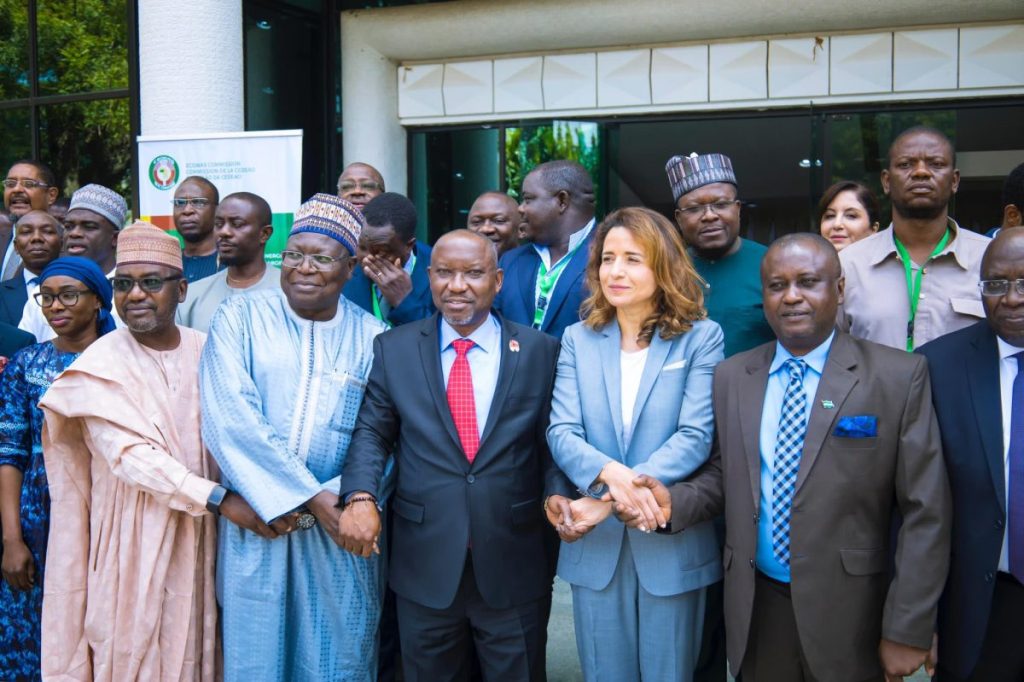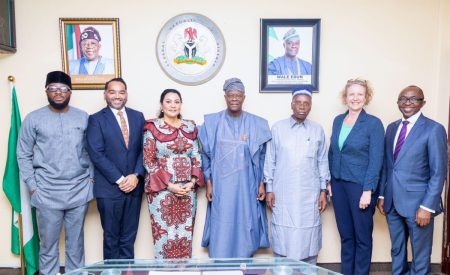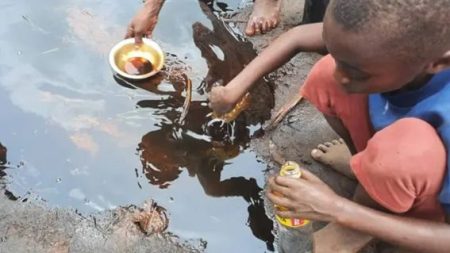
Mkpoikana Udoma
Port Harcourt — In a major step towards enhancing Africa’s energy security and economic integration, ECOWAS Ministers in charge of Energy and Hydrocarbons, alongside officials from Morocco and Mauritania, have reached critical agreements on the African Atlantic Gas Pipeline, AAGP.
The AAGP, a transformative infrastructure project spanning from Nigeria through several ECOWAS nations to Morocco, when completed would connect Nigeria’s abundant gas reserves to North Africa and Europe.
At a high-level meeting in Abuja, the Ministers achieved consensus on the Intergovernmental Agreement and Host Government Agreement, which will serve as the foundational framework for collaboration between the participating countries.
The agreements reflect a unified commitment to enhancing hydrocarbon trade within ECOWAS and expanding Africa’s reach in the global energy market.
Speaking, the Minister of State for Petroleum Resources (Gas) and Chair of the ECOWAS Energy Ministers, Mr. Ekperikpe Ekpo, emphasized the importance of collaboration for the AAGP’s success, stating that the project will be pivotal in uniting Africa’s energy landscape and enhancing both regional and global energy security.
Ekpo at the meeting, expressed optimism that the Nigeria-Morocco gas pipeline would unlock new markets, drive economic growth, and create jobs, while strengthening regional energy security.
He said, “I am pleased that we achieved consensus on the Intergovernmental Agreement and Host Government Agreement for the AAGP at the end of the meeting.
“These agreements are essential for strong, equitable partnerships and will guide collaboration between our nations. They reaffirm our dedication to enhancing hydrocarbon and energy trade within ECOWAS and beyond, making African gas accessible across the region and extending our reach in global gas markets.
“NNPC Ltd is well-positioned to manage the project, leveraging its extensive experience in gas production, processing, and transmission. Significant headway has been made with the completion of the second phase of the front-end engineering design study, marking a crucial milestone in the project’s development.
“Additionally, we are actively conducting service, environmental, and social impact assessments, while also progressing with the life acquisition and resettlement policy framework on this AAGP project.
“Achievements on the AAGP represent a milestone in the journey towards a unified African energy landscape and reinforce our collective commitment to regional and global energy security. I am delighted to be part of its history.”
The AAGP is expected to play a crucial role in boosting economic development, fostering energy independence, and opening new opportunities for African nations in the global energy market.



